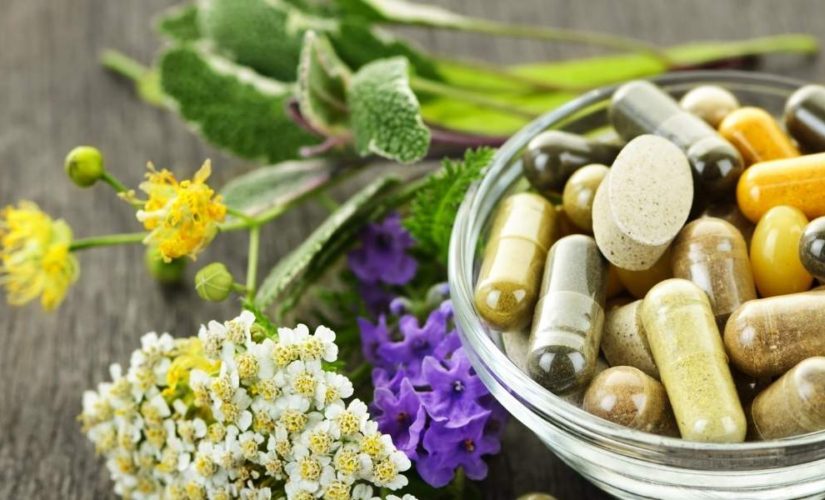When to stop using birth control to get pregnant
One of the most common questions we get when a woman or couple decides to start a family is, “When should I stop using birth control?”
We asked Nursing Manager Elysha Anderson to talk us through the timing and the implications of stopping birth control.
When Should I Stop Using Birth Control?
One of the most common questions we get when a woman or couple decides to start a family is, “When should I stop using birth control?”
Making the decision to conceive is an exciting and life-changing moment, but it’s essential to consider the timing and the implications of stopping birth control.
In this blog post, we asked Nursing Manager Elysha Anderson to explore various factors to consider when deciding to discontinue birth control methods.
Consult with Your Doctor
First and foremost, we recommend speaking to your doctor when you’re ready to stop using birth control. They can guide you through the process and provide personalised advice based on your specific situation.
Your doctor will consider various factors such as your medical history, current contraceptive method, and any potential risks associated with discontinuing birth control.
Give Your Body Time to Adjust
After stopping birth control, it’s common for your body to take some time to readjust to its natural hormonal balance.
The length of time it takes for normal ovulation and menstrual cycles to resume varies from person to person. For some women, it may take only a few weeks, while for others, it might take several months.
It’s important to be patient and allow your body the time it needs to regulate itself.
Consider Your Contraceptive Method
The specific type of birth control method you’re using will impact the decision of when to stop.
Let’s take a look at some common methods and their recommended timelines:
- Oral Contraceptives (The Pill): If you’re using the birth control pill, you can stop taking it at any point in your cycle. However, it is usually advised to complete the current pack before discontinuing. This will help ensure a smoother transition for your body.
- Intrauterine Device (IUD): Depending on the type of IUD you have, the timing for removal may vary. Hormonal IUDs can be removed at any time during your cycle, while copper IUDs should be removed during your period or with the assistance of a doctor.
- Implant: The contraceptive implant is a small rod inserted under the skin of your arm. Its effects can last for up to three years. If you’re ready to conceive, you’ll need to have the implant removed by a doctor.
- Barrier Methods: With barrier methods such as condoms or diaphragms, you can simply stop using them when you are ready to start trying to conceive.
Consider Your Menstrual Cycle and Ovulation
Understanding your menstrual cycle and ovulation can significantly increase your chances of conceiving.
Tracking your menstrual cycle will help you identify your most fertile days. Ovulation typically occurs around 14 days before your next expected period. Thus, if you have a regular 28-day cycle, you’re likely to ovulate on day 14.
However, every woman’s cycle is unique, and it’s important to track yours to pinpoint your most fertile window.
Prepare Your Body for Pregnancy
Before stopping birth control, it’s a good idea to start preparing your body for pregnancy. Begin taking prenatal vitamins that contain folate, as this is crucial for the early development of the baby.
Adopting a healthy lifestyle by eating a balanced diet, exercising regularly, getting enough sleep, and reducing stress can also improve your fertility.
We have a blog post about how to optimise your nutrition to help with trying to conceive.





